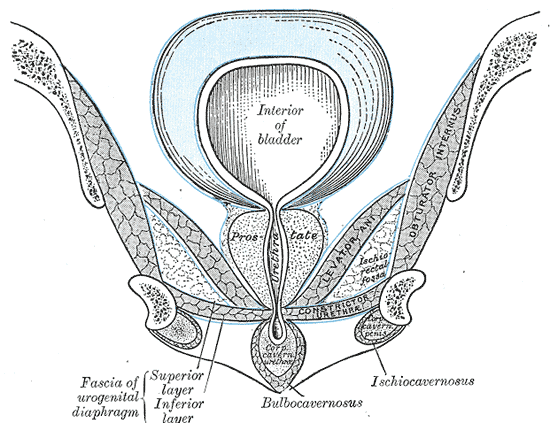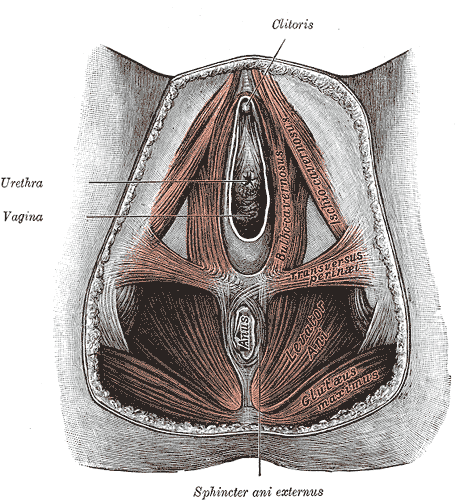
Pelvic Floor Physical Therapy
At Therapy Solutions, we like to tackle the issues that most people are afraid to even talk about with their friends, let alone their medical providers. This includes, but not limited too, the pelvic floor.
Before we talk about how we can help you with pelvic floor dysfunction, let’s first talk about anatomy.
Anatomy of the Pelvic Girdle
The pelvic girdle is formed by multiple bones: the hip bones (ilium, ischium, and pubis), the sacrum, the pubic symphysis, and the coccyx. These bones are connected by 72 muscles and 3 ligaments creating a complex system. The pelvic girdle is located in the center of your body and acts as a force transfer between the upper and lower halves. In essence, everything is connected from head to toe due to the pelvic girdle.
Anatomy of the Pelvic Floor
At the bottom of the pelvic girdle, there are a group of muscles called the pelvic floor. There are three layers to the pelvic floor:
Superficial perineal muscle layer
Bulbocavernosus
Ischiocavernosus
Superficial transverse perineal
External anal sphincter
This layer controls our bowel, bladder, and sexual function
Deep urogenital diaphragm muscle layer
Compressor urethra
Uterovaginal sphincter
Deep transverse perineal
This layer controls our bladder function
Pelvic diaphragm muscle layer
Levator ani
Coccygeous
Piriformis
Obturator internus
This layer supports our internal organs and attaches to other hip structures
What Happens When There is a Problem?
Since there is so much going on in the pelvic girdle, dysfunction can easily occur that affects your everyday life. This dysfunction is not gender, sexuality, or age specific; this can happen to anyone. Symptoms that can be addressed by assessing and treating the pelvic floor include (but not limited to):
General pain inside the pelvic floor that can radiate into the hips, low back, inner thighs, and abdomen
Urinary and/or fecal incontinence
Pelvic organ prolapse
Pain with intercourse
Constipation
Incomplete emptying of urine and stool
Prenatal and postpartum specific issues
Impotence
Swelling
At Therapy Solutions, we believe in informed consent which gives you the keys to be the driver of your own personalized care. Having symptoms that are listed above can bring on feelings of shame, embarrassment, and guilt, therefore, we have been trained how to navigate this process with you.




